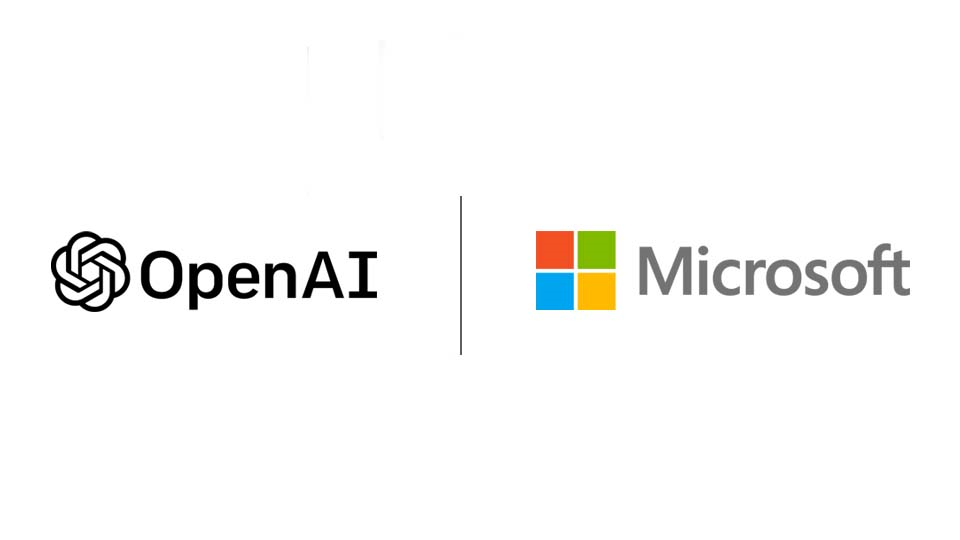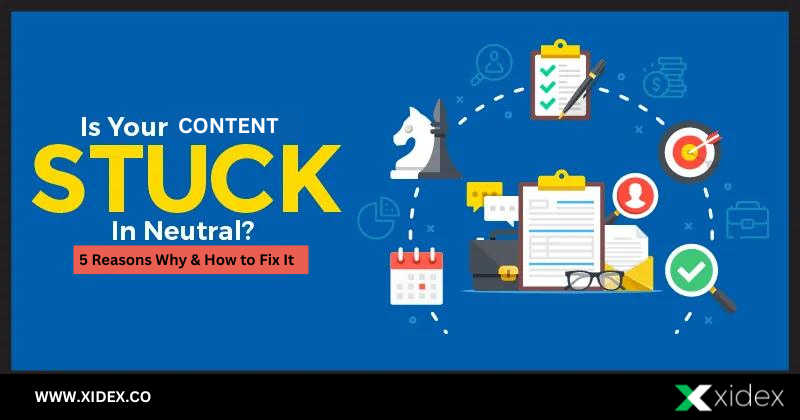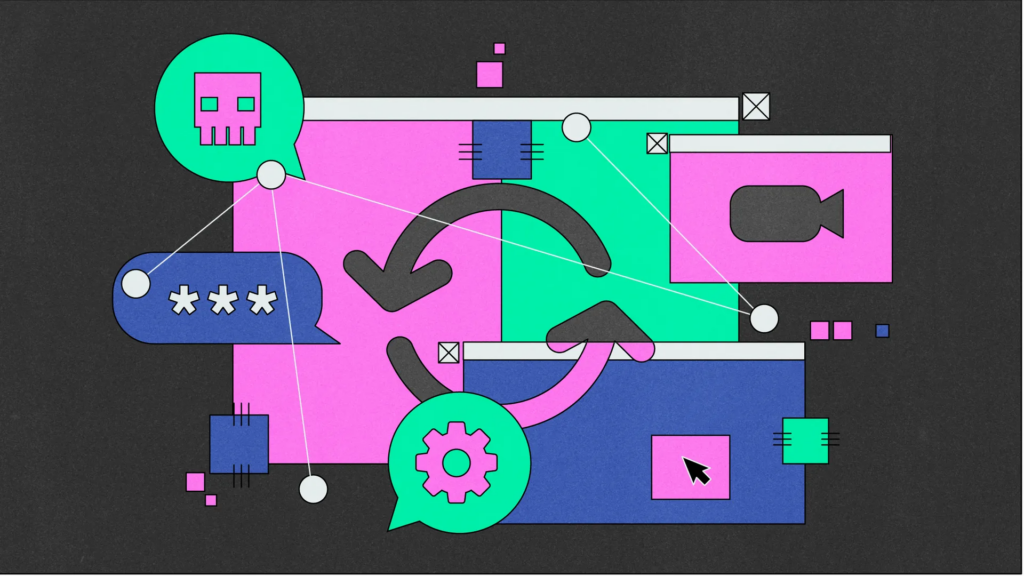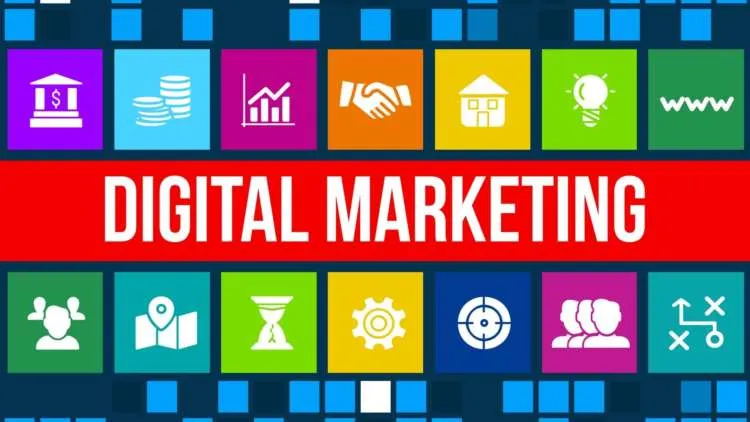OpenAI and Microsoft Extend Partnership AI has been a buzzword in the tech industry, and with each passing day, new advancements are being made in the space. OpenAI is one such company striving to make groundbreaking strides in this industry. Founded in 2015, OpenAI is a research organization focused on developing artificial general intelligence (AGI).
To further its goals, OpenAI has partnered up with Microsoft, a company highly invested in the development of AI and its applications. The partnership seeks to give businesses access to cutting-edge AI technology while fostering collaboration between experts in the field. Through this partnership, there is potential for significant advancements in AI research and the development of safe and beneficial AI.
This partnership will see OpenAI using Microsoft’s cloud services to provide better AI capabilities such as natural language processing. Moreover, it will seek to provide businesses with access to cutting-edge AI technology while fostering collaboration between experts in the field. With such a partnership comes the potential for significant advancements in AI research and development.
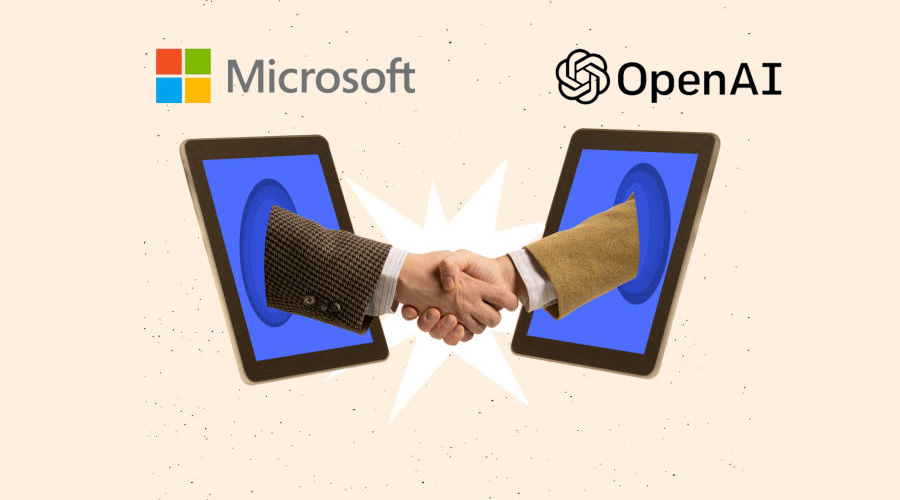
Why the partnership is important between OpenAI and Microsoft
OpenAI and Microsoft have extended their partnership to develop cutting-edge AI technologies. This partnership combines OpenAI’s expertise in artificial intelligence with Microsoft’s cloud computing capabilities to advance research in the field.
Why the partnership is important:
Increased access to cutting-edge AI technology for businesses: The partnership provides businesses with access to OpenAI’s advanced AI models, such as GPT-3, through Microsoft’s cloud computing platform. This will allow businesses to enhance their AI capabilities and develop innovative solutions for their customers.
Collaboration between leading experts in the field:
The partnership brings together top experts in the AI field from both companies to collaborate on research and development. This could lead to breakthroughs in AI technology that may have been impossible for these companies to achieve on their own.
Potential for breakthrough advancements in AI research:
The partnership provides both companies with the resources and expertise needed to push the boundaries of AI research. By leveraging Microsoft’s cloud computing platform, OpenAI can scale its research and development efforts and accelerate the pace of progress in the field.
The impact of the partnership:
With access to OpenAI’s GPT-3, Microsoft can improve its natural language processing capabilities, making it easier for businesses to analyze and utilize data. This technology can also be used to develop chatbots and virtual assistants that can communicate more effectively with humans.
Improved AI capabilities in cloud computing:
The partnership will allow Microsoft to enhance its cloud computing platform with OpenAI’s advanced AI models. This could lead to more efficient and intelligent cloud services that provide businesses with a competitive edge.
Enhanced development of safe and beneficial AI technologies:
Through collaboration, OpenAI and Microsoft can ensure that AI technologies are developed with safety and ethics in mind. This will help prevent the development of AI that could be harmful to humans or society as a whole.
Challenges and concerns: Potential for monopolization of AI technology:
The partnership between OpenAI and Microsoft may create a concentration of power in the AI industry, potentially limiting competition and innovation. Ethical concerns surrounding the development of advanced AI: As AI technology advances, there are concerns about its impact on society, including job displacement and privacy concerns. OpenAI and Microsoft must work together to address these issues and ensure that AI technologies are used for the benefit of humanity.
Impact on the job market and societal implications: The partnership could lead to the creation of new jobs in the AI industry, but it may also result in job displacement as AI becomes integrated into more business processes. OpenAI and Microsoft must work to address these societal implications to ensure that everyone benefits from the advances in AI technology.
Future of AI and the OpenAI-Microsoft partnership: Potential for further integration of OpenAI’s technology into Microsoft’s products: As the partnership continues, we can expect to see more integration of OpenAI’s AI models into Microsoft’s products. This could lead to more innovative and intelligent software solutions that benefit businesses and consumers alike.
Collaboration with other industry leaders in AI:
The partnership between OpenAI and Microsoft could also lead to further collaboration with other industry leaders in AI. This would enable the industry to work together to solve the biggest issues in AI technology and push the boundaries of what is possible.
Impact on the direction of AI research and development:
The partnership has the potential to shape the future of AI research and development. By combining their expertise and resources, OpenAI and Microsoft can guide the industry towards safe, efficient, and beneficial AI technologies.
In conclusion, the partnership between OpenAI and Microsoft has the potential to revolutionize the field of AI. With increased access to cutting-edge technology, collaboration between top experts, and a focus on ethical development, we can expect to see breakthrough advancements in AI research and development. While there are challenges and concerns, the partnership has the ability to shape the future of AI for the benefit of humanity.
The impact of the partnership
The partnership between OpenAI and Microsoft has far-reaching implications for the future of AI. One of the key areas that is poised to benefit from this collaboration is natural language processing.
Through combining OpenAI’s cutting-edge research in this field with Microsoft’s extensive expertise in cloud computing and big data, there is the potential for rapid advancements in the capabilities of AI systems to understand and produce language. This could have significant implications for a wide range of applications, from virtual assistants and chatbots to automated translation tools.
Another key area where we can expect to see significant progress is in the development of safe and beneficial AI technologies. OpenAI has long been committed to ensuring that AI is developed in such a way as to be safe and beneficial to humanity. By partnering with Microsoft, they have gained access to the resources necessary to put this commitment into practice at scale.
Finally, we can also expect to see a significant improvement in the overall capabilities of AI in cloud computing. As more and more businesses turn to the cloud for their computing needs, the ability to integrate AI seamlessly into these systems becomes increasingly important. With Microsoft’s cloud infrastructure and OpenAI’s expertise in AI research, we can expect to see rapid progress in this area over the coming years.
Overall, the impact of the partnership between OpenAI and Microsoft is likely to be significant, with advancements in natural language processing, improved AI capabilities in cloud computing, and enhanced development of safe and beneficial AI technologies all on the horizon. As with any new technological advancement, however, there are also a number of challenges and concerns that need to be addressed.
Challenges and concerns
The partnership between OpenAI and Microsoft has the potential to transform the future of AI, but it also presents a number of challenges and concerns. One issue is the potential for monopolization of AI technology. As these two giants join forces, the rest of the industry may struggle to compete. This could stifle innovation and limit choice for businesses and consumers.
Another concern is the ethical implications of developing advanced AI. With OpenAI and Microsoft leading the way, there is a fear that the technology could be misused or even weaponized in the wrong hands. It is crucial that thought leaders in the industry work together to establish clear guidelines and regulation to ensure that AI is developed in a safe and beneficial way.
The impact on the job market is also a concern. As AI takes over more tasks traditionally performed by humans, there is a risk of job displacement and wider societal implications. It is important that businesses and governments invest in retraining programs and social safety nets to support those affected by these changes.
Despite these challenges, there is hope that the OpenAI-Microsoft partnership will lead to positive breakthroughs in AI development and research. By collaborating with other industry leaders, they can work together to ensure that AI is developed in a responsible and ethical way, with a focus on creating benefits for all.
As this partnership continues to evolve, it is important that we remain mindful of these challenges and work to address them proactively. Our future depends on the responsible development and deployment of AI technology, and we all have a role to play in ensuring that this happens.
Future of AI and the OpenAI-Microsoft partnership
The OpenAI-Microsoft partnership has the potential to shape the future of AI. With OpenAI’s innovative technology and Microsoft’s vast resources, we can expect to see further integration of OpenAI’s technology into Microsoft’s products. This could lead to more advanced and beneficial AI tools for businesses and individuals alike.
Furthermore, the partnership could lead to collaboration with other industry leaders in AI, further driving advancements in the field. OpenAI and Microsoft are already working with organizations such as SpaceX, in the hopes of contributing to the development of safe and beneficial AI technologies.
Overall, the OpenAI-Microsoft partnership has the potential to significantly impact the direction of AI research and development. As technology continues to advance at a rapid pace, it will be interesting to see where this partnership will take us.
Conclusion
Now that we have explored the OpenAI-Microsoft partnership, it’s evident that this collaboration is poised to redefine the future of AI. With increased access to cutting-edge AI technology for businesses, leading experts collaborating on AI research, and the potential for breakthrough advancements, we can expect advancements in natural language processing and improved AI capabilities in cloud computing. While there may be concerns regarding AI monopolization, ethical considerations, and impact on job markets and society, the impact of this partnership cannot be ignored. As technology continues to evolve, it will be fascinating to see how OpenAI’s technology is integrated into Microsoft’s products and the impact it will have on the direction of AI research and development.
Read More : How to avoid pitfalls and navigate the ethical landscape of generative AI

